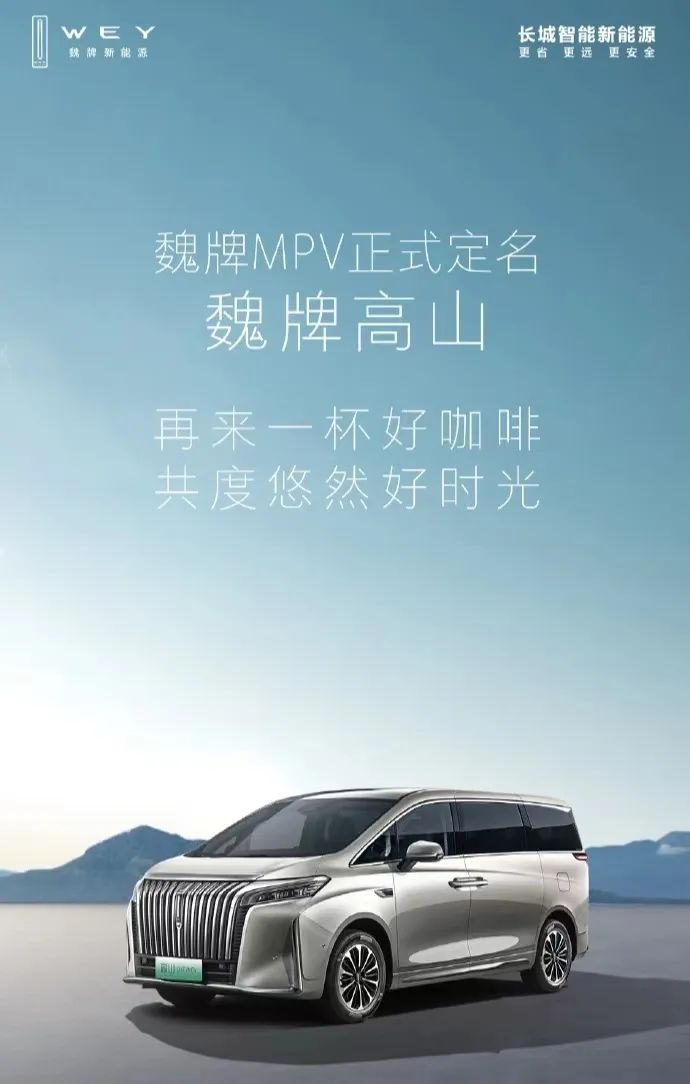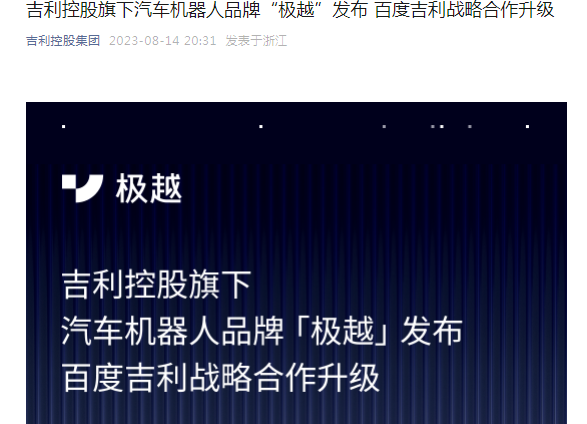In addition to Weibo, there is also WeChat
Please pay attention

WeChat public account
AutoBeta


2024-11-21 Update From: AutoBeta NAV: AutoBeta > News >
Share
AutoBeta(AutoBeta.net)08/24 Report--
On August 23, the passenger Union announced the import sales of domestic cars in July and July 2024. Data show that car imports reached 70, 000 in July, an increase of 6% over the same period last year, and an increase of 15% month-on-month. Vehicle import sales from January to July totaled 400000, down 2% from the same period last year, a continuous negative growth for three years.
Let's first take a look at the major countries. in July this year, the top three countries with imports were Germany, Japan and the United States, with import sales of 22600 vehicles, 17800 vehicles and 12000 vehicles respectively, of which sales in Germany and the United States increased by 15% compared with the same period last year. Japan showed a year-on-year decline of 7%, including the United Kingdom and Italy, down 11% and 36%, respectively However, the two do not have a high sense of presence in the auto market, with July sales of 4565 and 206respectively.

Judging from the sales performance in the first July of this year, Japan, Germany and the United States are still the countries with relatively good performance of imported cars, with cumulative sales of 117600, 109900 and 68700 respectively in the first seven months, of which Germany fell 19% compared with the same period last year. Japan replaced the top selling position. For comparison, sales in Germany, Japan and the United States were 136000, 93700 and 66800 respectively in the same period last year.
Apart from the top three in sales, Hungary, which entered the top 10 in July, increased by 106% compared with the same period last year, making it the country with the highest increase on the list. The three major countries, including Slovakia, the United Kingdom and South Korea, all showed a downward trend to varying degrees, falling by 21%, 4% and 29% respectively compared with the same period last year.
Next, let's take a look at the major brands. in July, the top three imported brands were Lexus, BMW and Mercedes-Benz, with sales of 17100, 12400 and 10100 respectively, followed by Porsche and Land Rover with 4500 and 4400 respectively. Audi has 3400.

Looking at the previous July, the import brand with the highest sales volume was BMW, with cumulative sales of 104300 vehicles, but down 2% from the same period last year. Lexus ranked second, with sales of 101900 vehicles, up 18% from the same period last year, making it the only two brands on the chart to achieve growth except MINI. It should be noted that before that, Lexus had declined for three years in a row. For reference, from 2021 to 2023, Lexus fell by 7%, 16% and 2%, respectively.
Mercedes-Benz ranked third, with cumulative sales of 77500 vehicles, down 28 per cent from a year earlier, Audi 31400, down 9 per cent and Porsche 31100, down 37 per cent. In addition, including Land Rover, Volvo and Tesla all showed a downward trend to varying degrees, down 4 per cent, 15 per cent and 70 per cent respectively compared with the same period last year.
Sales of imported ultra-luxury brands fared even worse than luxury brands, with cumulative sales of 3978 vehicles in the first seven months of this year, down 47 per cent from a year earlier. It is understood that in the same period in 2021, imported ultra-luxury sales increased by 40% year-on-year, and then declined in the same period in 2022 and 2023, down 11% and 12% respectively.
In terms of brand segments, sales in China in the first seven months of this year, including Bentley, Maserati, Ferrari, Rolls-Royce, Lamborghini, Aston Martin and McLaren, all fell by more than double digits, with McLaren plummeting 90%. Maserati and Aston Martin also fell 70% and 50% respectively from a year earlier. From the analysis of sales data, the current domestic ultra-luxury car brands are generally facing the problem of declining sales. As for the reasons for the decline in sales, industry people believe that it is mainly related to the price war in the domestic car market and the intensification of competition in the new car market. In this context, consumers tend to buy cars more practical and rational. The Federation also said that the overall weakness of ultra-luxury reflects a temporary slowdown in the purchasing power of ultra-high-end consumers.
A few days ago, there was news that Maserati might be sold by parent company Stellantis Group. In response, the head of Stellantis Group in China said that the company acknowledged that changing markets and temporary conditions could lead to volatility, but Stellantis Group reiterated its commitment to its 14 iconic brands. Stellantis Group pointed out: "at the beginning of the group, the company said that each brand has a 10-year window to build their sustainable and profitable business." Analysts estimate that Maserati may sell less than 12000 vehicles this year and profit margins will fall to negative double digits.
Generally speaking, the current domestic imported cars mainly rely on the demand support of luxury cars, while the overall trend of ultra-luxury is weak. In addition, imported cars of joint venture brands are shrinking rapidly, including Toyota, Volkswagen, Subaru and other brands.
Looking back on the past development, domestic imported car sales have also reached the level of one million. According to the data, domestic imported car sales were 1.43 million in 2014, but there has been a continuous decline since 2018, to only 800000 in 2023, down 10 per cent from the same period last year. Judging from the performance of imported car sales in the first seven months of this year, this problem has not been improved, and the current continuous shrinking pressure is greater.
Why does domestic imported car sales continue to show negative growth? The reason is very simple, which is related to the current development trend of the domestic car market. With the electrification transformation becoming a major trend, on the one hand, the market demand for fuel vehicles has declined, resulting in a decrease in the demand for imported fuel vehicles; on the other hand, the rapid rise of domestic cars, at the same time, the price war in the car market and the concept of consumers buying cars also directly affect the sales of imported cars. With the listing of more domestic cars and the advantage of price war, consumers' demand for cars is no longer limited to brands and luxury, but pay more attention to practicality and performance-to-price ratio, which further creates competitive pressure on imported cars.
At present, luxury cars are still the main sales force of domestic imported cars. Although the imported car market as a whole shows a downward trend, there is still some room for survival. In the face of changes and competition in the domestic market, luxury car brands need to adjust their strategies as soon as possible to adapt to the changes in the market.
Welcome to subscribe to the WeChat public account "Automotive Industry Focus" to get the first-hand insider information on the automotive industry and talk about things in the automotive circle. Welcome to break the news! WeChat ID autoWechat
Views: 0
*The comments in the above article only represent the author's personal views and do not represent the views and positions of this website. If you have more insights, please feel free to contribute and share.











© 2024 AutoBeta.Net Tiger Media Company. All rights reserved.